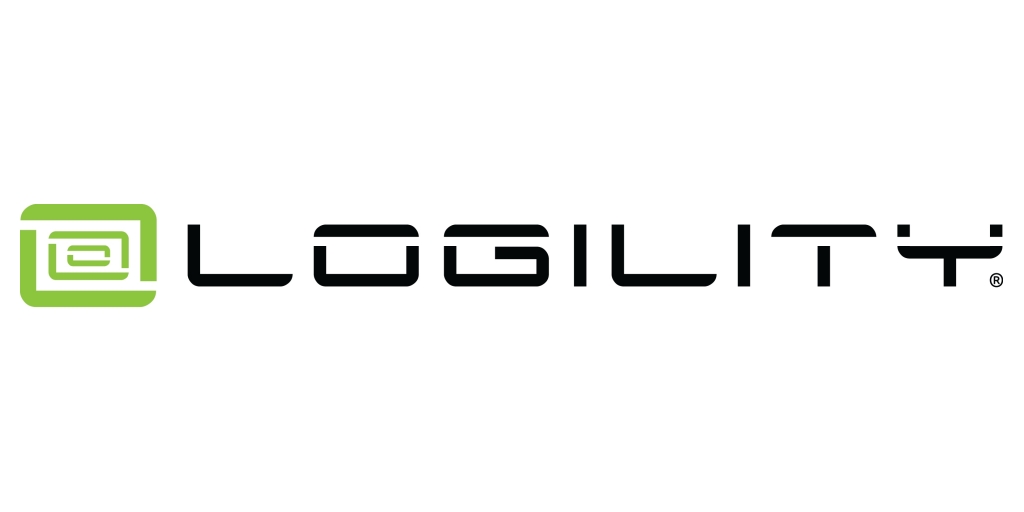![]()
On Monday, November 27, Logility announced the purchase of privately-held Halo Business Intelligence. This announcement continues the trend of supply chain software market consolidation. Here I share what I believe this means for the market.
A Look Back
Logility is a well-established player in the supply chain software market. With over 40 years of experience in SCM software, Logility went public in 1997. The company was spun out of the parent company American Software. Selling shares at $14.50 each, the company collected some $29 million in the IPO–funds it intended to invest in research and development, as well as on sales and marketing efforts. Some 330,000 of the shares went to the underwriters, and after the sale, American Software retained slightly more than eight out of ten shares in the new company. With annual revenues of $16-$44 million in the period of 1997-2007, the Company returned to its parent to become a wholly-owned subsidiary of American Software in 2007. In 2016, total revenues for American Software were $113.9 million. Licensed revenue was $22 million, services revenues were $51 million, and maintenance revenues were $41 million. The American Software company in 2016 invested 9.9% in R&D (net R&D after capitalization) versus an industry average of 14.8%. On a Gross R&D spend rate this is 12.9%. A significant source of revenue for the company is maintenance renewals.
Conservative and tightly controlled by the Edenfield family, the company is known for buying undervalued software assets and integrating the acquisitions to a common platform. In general, solution innovation lags the industry.
Prior acquisitions include:
- Demand Management, (often termed Demand Solutions) supply chain planning for mid-market, 2004 for $9.5 million in cash.
- Optiant, Inc., inventory optimization, 2010, $3.3 million in cash.
- MID Retail, Inc., 2014, assortment planning, price undisclosed.
- AdapChain inc., 2016, integration, price undisclosed.
Today Logility analytics–user interface, dashboard, and query–is proprietary and lacking the more intuitive features of visual analytics software competitors. The use of HALO BI capabilities offers the company an opportunity to make Logility solutions more competitive. This is expected to take time. Current Logility customers should work with the Logility team on software migration to maximize the value of Halo in future releases.
The Halo software is intuitive and easy to use. It is a no-nonsense, visual analytics capability for business users. It is an analytical tool designed to be deployed by business users. Reference clients cite the fact that Halo can be rolled out with minimal support from IT in weeks, not months. The technology does not require the support of a DBA.
In addition to enhancing the Logility suite, Halo’s solutions will be sold in parallel as one of four brands–Voyager (the traditional supply chain planning platform), Demand Solutions (purchased by Logility in 2004 ), NGC ( sourcing and Product Life Cycle Management (PLM) for Retail), and Halo’s advanced analytics. In theory, a company could have multiple sales teams in their lobby attempting to convince them to buy Logility solutions. Does this make sense? I will let the reader come to their own conclusion. This is the only case in the SCM software market, that I know of, where a software company deliberately goes to market with potentially conflicting brands. On calls with prospects, this causes confusion. In contrast, Logility’s executive team is bullish on the positioning.
A Look Forward
When asked how I felt about the announcement of Halo’s purchase by the Logility leadership team, I responded, “This announcement makes me sad.” Let me explain my response. Halo was a no-nonsense provider of highly-configured supply chain management solutions. I like simple, well-positioned innovative niche solutions.
The company was innovative, selling reasonably-priced solutions to mid-market manufacturers. Halo’s launch of the cost-to-serve solution in the summer served a special market niche. The cost-to-serve application market is underserved. The acquisition by Logility was driven by Halo’s board needing a liquidity event. I believe that solution innovation by the Halo team will slow through the acquisition.
Historically, software aggregation reduces the market value for all. Across the decades in the supply chain market, when a company aggregates assets and does not innovate, they lose market appeal. For example, Infor and JDA both aggregated supply chain assets with heavy debt burdens, and used maintenance revenue collected from customers to fund the company. Neither company has been able to drive innovation, with mounting frustration from business users. While Logility will not have the debt issue, there will be hurdles on solution evolution and team integration.
My Advice for Business Users?
My advice for business users is three-fold:
- If you are a Halo customer, this acquisition could be good news for you. Logility is well-funded and managed. Push hard on the Logility team to innovate.
- If you are a Logility customer, this could also be good news, but don’t expect quick changes. Step past the press release rhetoric, dripping with ‘AI’ and ‘machine learning’ language, and work with the Logility team to bring a more modern analytics framework to the solution. Temper your expectations. I expect to see cognitive computing redefine the supply chain planning market in the same timeframe that it will take Logility to adopt Halo analytics.
- If you are a prospect, trust but verify. Remember, software acquisitions usually only drive value for the technology owners, not for business leaders. It will take a while for the market to sort itself out.
These are my thoughts. I welcome yours. If you have any questions or comments, please send them my way.







